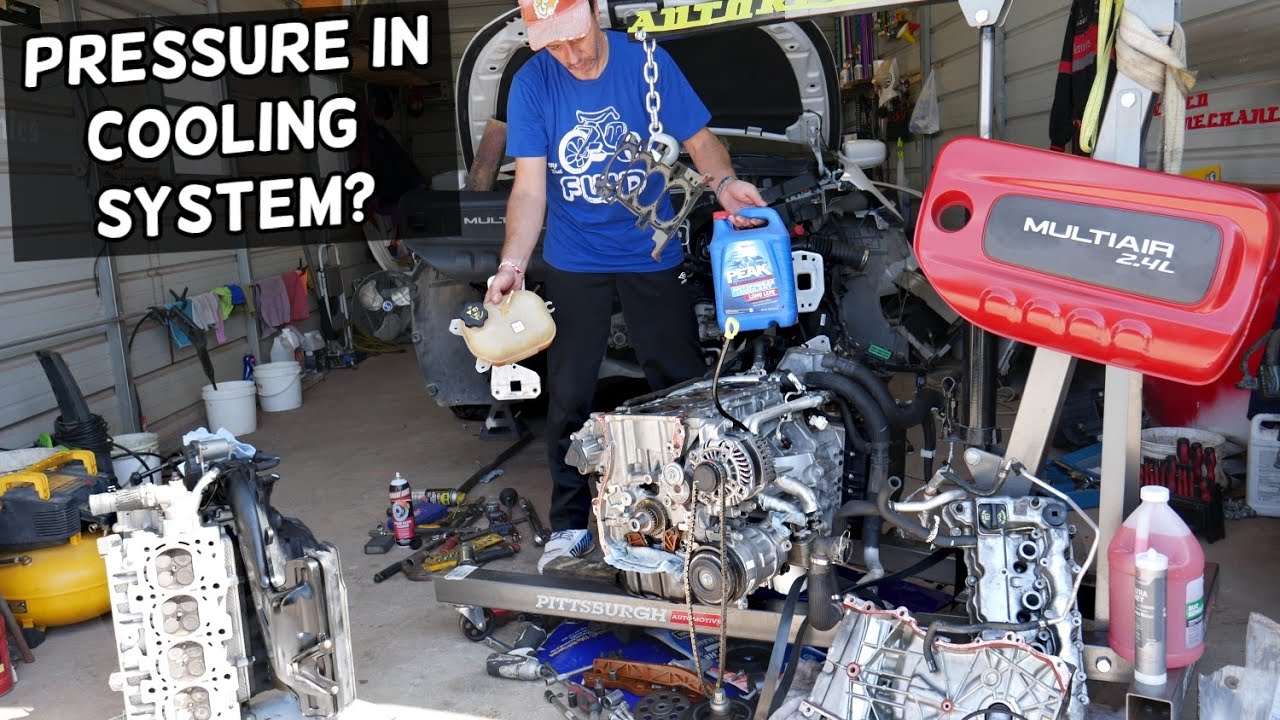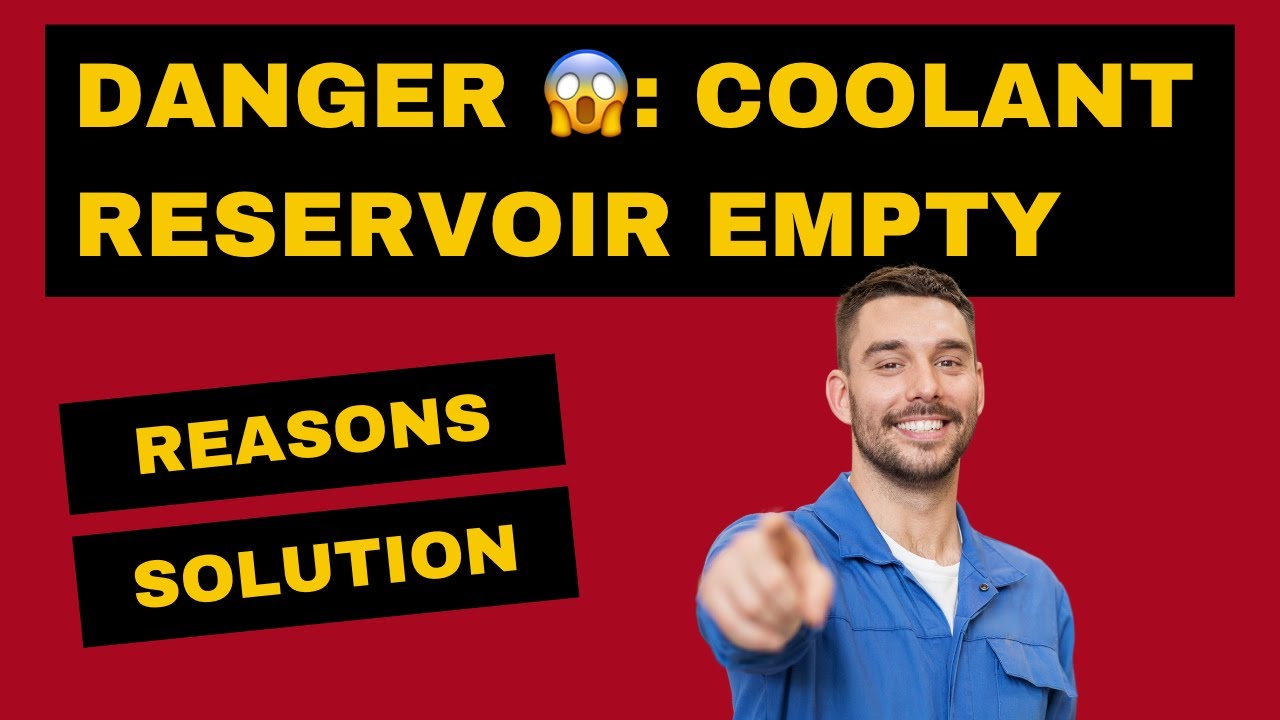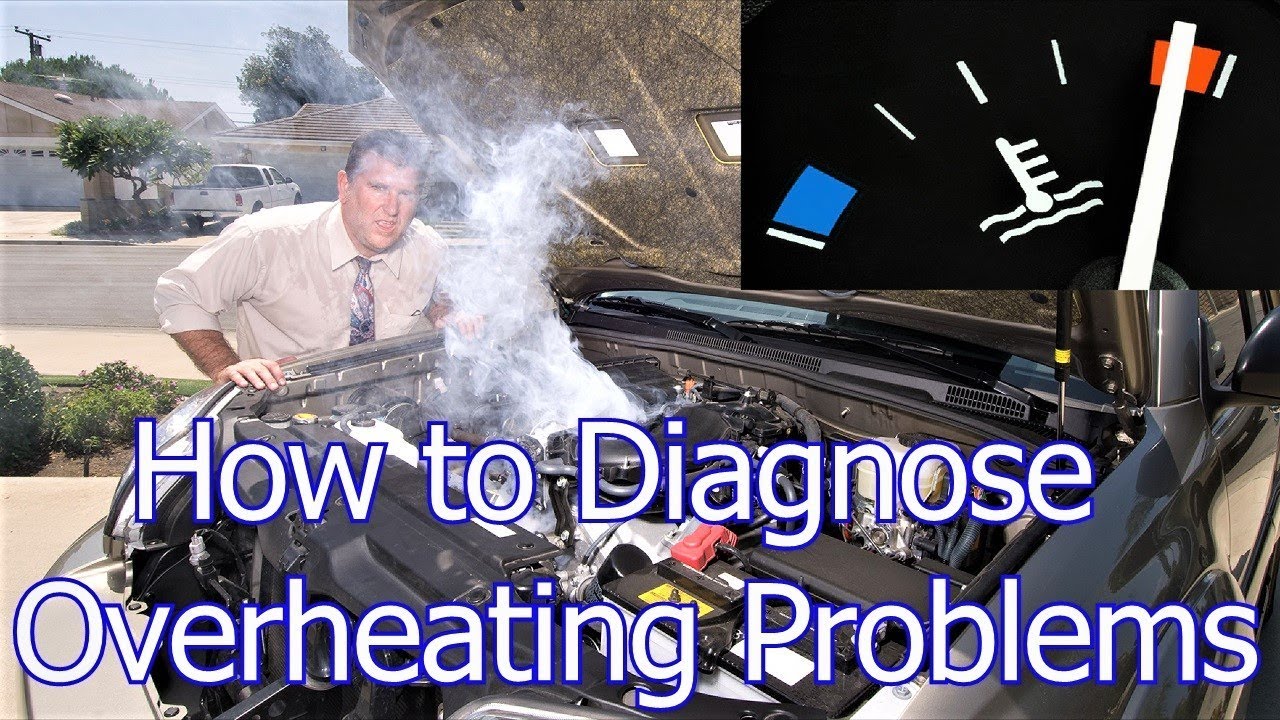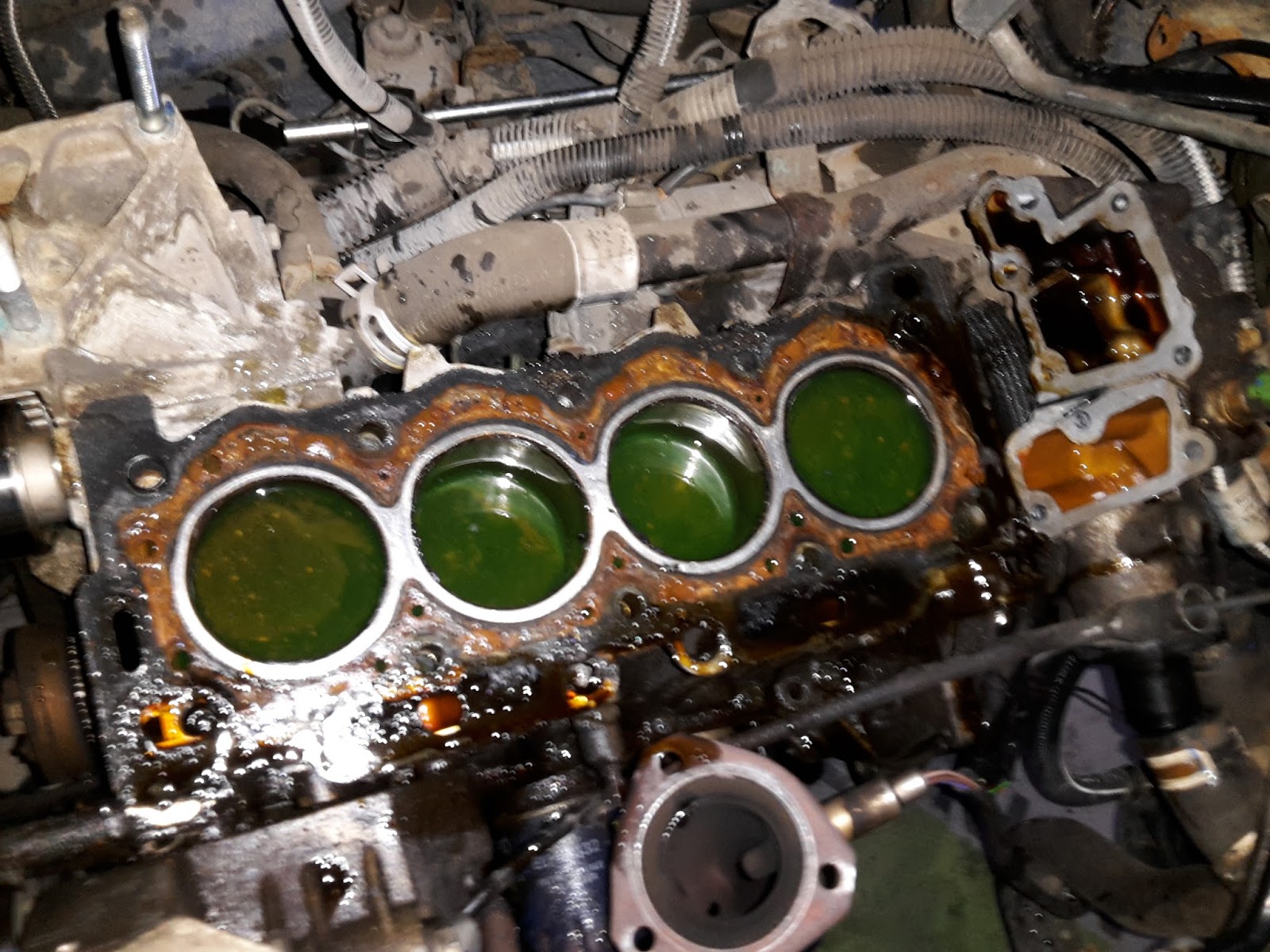Safeguard your road trips from unexpected engine drama! Delve into the nitty-gritty of engine coolant overheating – understand the causes, smart responses, and crucial don’ts to keep your journeys smooth and your engine cool.
Why Do Engines Overheat?
There are many causes of engine overheating. In most cases, this occurs when a problem with the cooling system prevents heat from leaving the engine compartment. A leak in the cooling system, a malfunctioning radiator fan, a damaged water pump, or a blocked coolant line might cause the problem. You want to keep an overheated engine from persisting, regardless of the cause of the issue. You run the risk of significant, perhaps irreparable, engine damage.
Signs of an engine overheating
- Steam (often resembling smoke) emanating from the front of the engine.
- The engine temperature indicator on the dashboard or driver console rises to “H” or enters the red zone.
- A strange smell came from the engine area. For example, leaking coolant can smell sweet, while leaking oil might smell more burnt.
What causes Engine coolant to go over temperature?
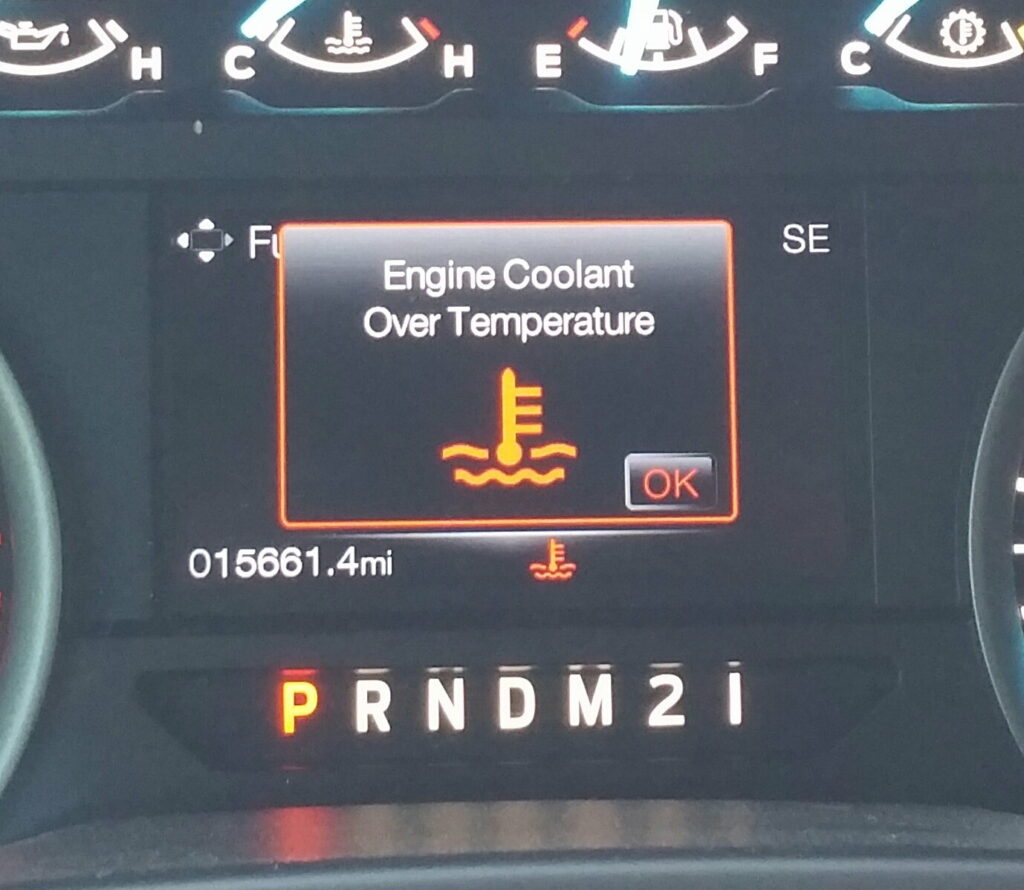
Various reasons can cause the engine temperature to rise above average, such as a faulty engine coolant temperature sensor or a clogged radiator. Here are some of the most common causes of engine overheating:
Faulty Thermostat
Like a valve, the thermostat regulates how much coolant enters the engine. Your engine may not get enough coolant if the thermostat’s valve malfunctioning, which might cause your vehicle to overheat.
Along with overheating, coolant leaks beneath your car, and rapid temperature changes are some symptoms of a bad thermostat. Check your thermostat to see if the engine temperature warning light flashes on and off regularly.
Dirty or Clogged Radiator
Radiator pipes may sometimes accumulate rust and sludge. As a result, the radiator’s capacity to disperse heat from the engine will ultimately be reduced. A blocked radiator may eventually cause coolant leakage and harm the water pump.
The radiator fins and the coolant also need free airflow. The airflow is obstructed when debris, leaves, or insects accumulate on the fins. This stops cold air from cooling the radiator, preventing overheating your automobile.
Broken Water Pump
For the cooling system to effectively remove heat from the engine, the water pump maintains the coolant flowing through it. Overheating may result from defective water pumps that impede radiator coolant flow.
In addition to raising the engine temperature, a damaged water pump might result in coolant leaks. A worn-out impeller or a loose connection between the impeller and impeller shaft are frequent problems with the automobile water pump.
Faulty Radiator Fan
The radiator fan blows cool air through the radiator fins to cool the coolant in the radiator. If the radiator fan is faulty, the coolant can’t dissipate the heat that it carries from the engine, leading to overheating.
Since less air flows into the radiator when your vehicle is at a standstill, your engine temperature might spike while you’re stuck in traffic. Here are common issues that can cause your radiator fan to fail:
- Faulty engine coolant temperature sensor or sensor relay.
- Problems with the fan motor, such as a worn-out motor carbon brush.
- Damage to the wiring.
- Damaged or loose fuse.
Leaking Head Gasket
The gasket squeezed between the engine block and cylinder head is known as the head gasket. Sealing the engine block and preventing the mixing of coolant and engine oil are two of its primary duties. The gas from the cylinder can escape through the head gasket and into the cooling system.
The coolant may subsequently be forced out of the cooling system due to this gas’s subsequent rise in system pressure. When the coolant eventually runs out, the engine might overheat.
Leaking Radiator Coolant
The cooling system can only remove a little heat from the engine if the radiator has enough coolant. A broken water pump or leaks on the radiator, radiator hose, or water jacket core plug are the typical sources of coolant leakage.
If your coolant level is consistently low, but there is no coolant leak, this may indicate that your coolant is evaporating and drying out. A malfunctioning radiator cap or a leaky gasket head might be to blame.
Trapped Air in The Cooling System
If the head gasket fails to keep the gas from the cylinder out, air bubbles may develop in the cooling system. But, when you execute a faulty coolant flush or an incomplete radiator fill-up, air bubbles may also be retained.
Low coolant amounts in the radiator might lead to water evaporation and air bubble formation. You should send your vehicle to the shop for a radiator bleed to remove all the air if you have this problem.
What To Do When Your Engine Coolant Go Over Temperature
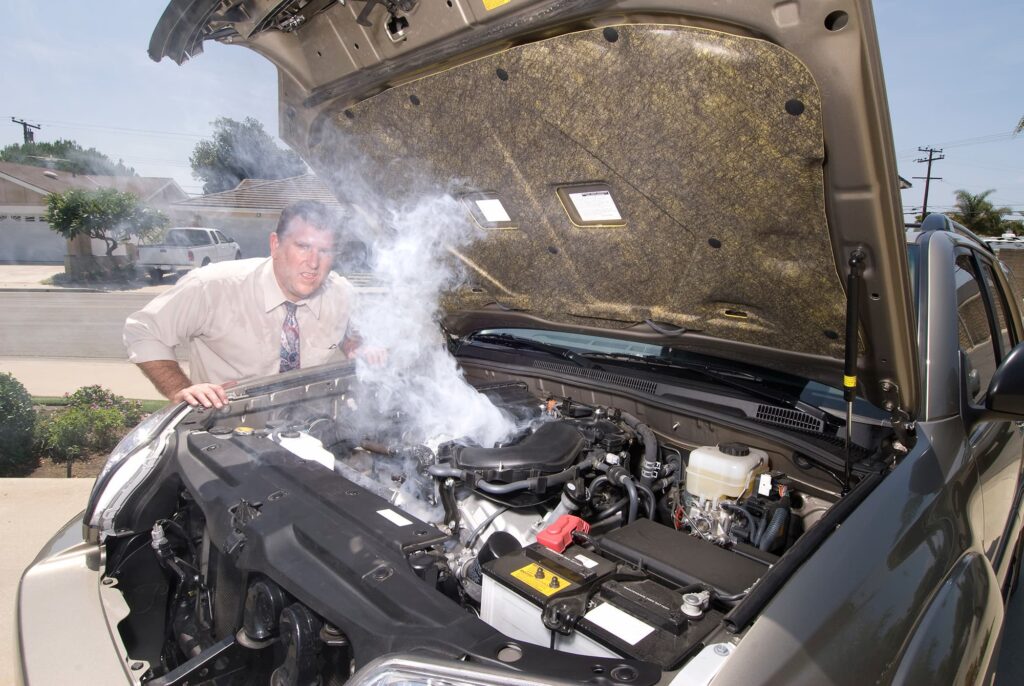
Kill the A/C and Crank the Heat
To lessen the strain on the engine, immediately switch off the air conditioner. Until you can stop in a safe area, this may assist in drawing heat away from the engine to prevent it from overheating. Even if you could become a bit warm, a few minutes of discomfort are nothing compared to the cost of expensive engine repairs.
Find a Safe Place to Pull Over
Stop the automobile and turn off the engine. Let the engine at least 15 minutes to cool. Watch the temperature gauge; when the engine cools, it should return to a normal range. Plan how you will have your overheated engine checked out while you wait (and keep an eye on the gauge).
Check And Add Coolant (If You Have It)
If your coolant level is low, a simple top-off helps safeguard your engine and avoid overheating until the issue is rectified. However, this procedure will only allow a little if your problems are caused by a damaged radiator fan or water pump, a blocked coolant pipe, or both. You can go to your owner’s handbook to locate your vehicle’s coolant reservoir tank and learn how to add coolant.
Restart The Engine
If your vehicle is not being towed, restart your engine slowly and drive to the closest auto repair shop. Observe the temperature gauge while driving. If the temperature increases again, pull aside and let the engine cool.
What Not To Do When Your Engine Coolant Go Over Temperature
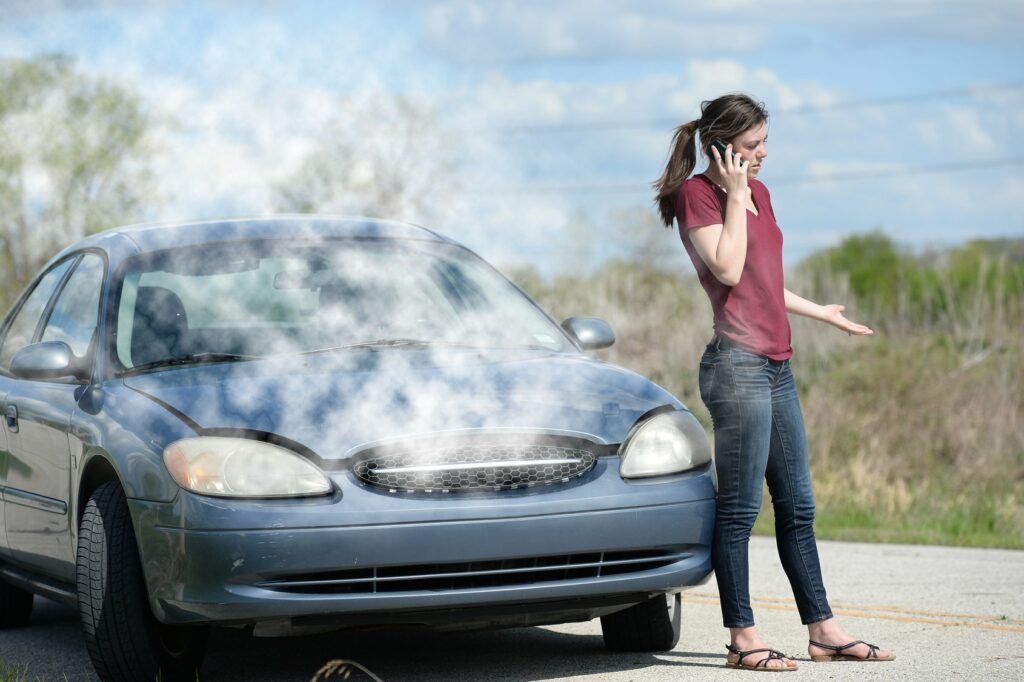
Don’t Panic
Your engine isn’t keeping its cool, but you can! Avoid swerving through traffic or slamming on your brakes when pulling off the road.
Don’t Keep Driving
If your engine is overheating, but you continue to drive, you are not doing it any favors. You may be able to reach your destination before the engine completely fails, but doing so may result in substantial (and expensive) damage.
Don’t Open The Hood Immediately
Wait until the engine has cooled before opening the hood and inspecting the situation. If you quickly open the hood, you may be in danger of burns or other injuries from escaping steam or smoke. Patience is crucial. Wait for the temperature gauge to stabilize before opening the hood.
Don’t Let The Issue Linger
An overheating engine won’t resolve on its own, even if it seems to be fixed after you add a little coolant. It will only get worse if left unaddressed. Get to the root of the issue to help save your engine.
Conclusion
In conclusion, when engine coolant temperature exceeds the acceptable range, immediate action is required to prevent engine damage and potential safety issues. Verify that the coolant levels are at the proper levels; if not, replenish the coolant levels before performing any further diagnostic.
Consider other potential causes for engine coolant overheating, such as blocked or jammed fans, a defective radiator, or a defective thermostat. If you cannot identify and fix the problem, please see a professional expert to ensure that the problem is correctly fixed.
